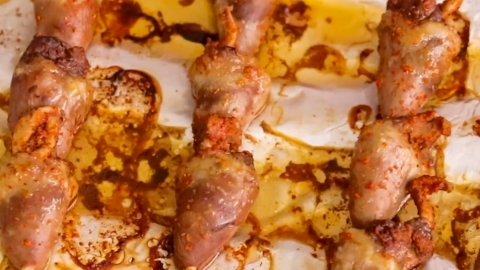Can there be amoebas in chicken meat?
Under normal circumstances, whether there are amoebic protozoa in chicken meat depends on the chicken's living environment and the handling process of the meat. Chickens raised in polluted environments or improperly processed meat may carry amoebic protozoa, whereas chickens raised in clean environments and handled according to standard procedures generally do not. Detailed analysis is as follows:

If the water source or feed at the chicken farm is contaminated with amoebic protozoa, or if the breeding environment is unclean, the parasites can enter the chicken's body through the digestive tract and parasitize areas such as the intestines. During slaughter, transportation, and storage, contact with contaminated tools or environments can also lead to amoebic protozoa contamination of the chicken meat. Particularly when the meat is not thoroughly cleaned or cross-contamination between raw and cooked food occurs during processing, the parasites are more likely to remain.
When chickens are raised in hygienic conditions with safe water sources and feed, and undergo strict quarantine inspections, and when the meat is stored and transported at low temperatures after slaughter, thoroughly rinsed under running water before processing, and fully cooked to ensure a safe temperature, any existing amoebic protozoa can be effectively eliminated. In such cases, the chicken meat generally does not contain these parasites.
When purchasing chicken, choose products from reputable sources with quarantine certification. Avoid cross-contamination between raw chicken and cooked food during handling, ensure thorough cooking, and avoid consuming undercooked chicken in order to reduce the risk of infection with amoebic protozoa.




